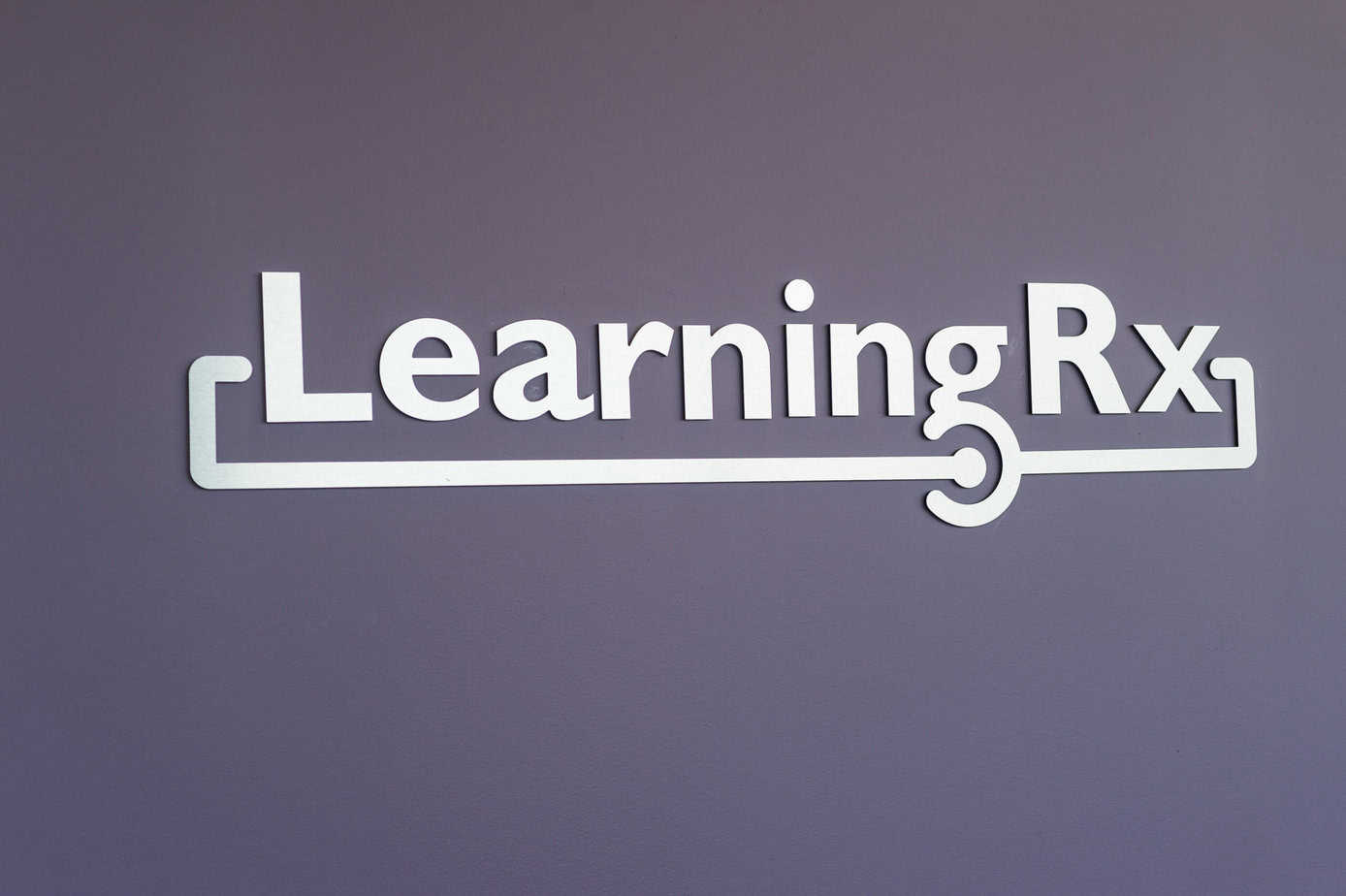Is LearningRx a Tutoring Center?
For those who see our name, it is common for most to assume that we are a tutoring center similar to places like Sylvan, Huntington, Mathnasium, etc. However, LearningRx is not a tutoring center, we are a cognitive skills training center.
What’s the difference? A tutoring center is focused on providing more academic content or knowledge. If a child is struggling in areas like reading or math, tutoring will provide more content to help the child process the academic materials. Tutoring centers also often helps students complete their homework. The main focus of tutoring is proving more knowledge.
LearningRx approaches learning struggles differently. We ask the questions, “Why does a child need tutoring in the first place? Why are they struggling and needing more help with reading or math? Why did they not grasp the content the first time?”
This is critical as, if these questions are not addressed, most students continue to need extra tutoring and school interventions as the academic expectations and workload increases each year.
LearningRx does not focus on providing more academic content, we focus on intelligence. Our process is to identify and address the root cause of learning struggles like reading, reading comprehension, math, executive function, organizational issues, executive function, homework frustration and motivation. We have also worked with thousands of clients in the past several years diagnosed with ADHD, dyslexia, ASD, TBI, Developmental Delays and other diagnosis.
If a child has consistent learning struggles and needs tutoring or summer school year-after-year, that is a clear sign that the root cause relates to a combination of cognitive skill weaknesses. Cognitive skills like memory, processing speed, attention, reasoning visual and auditory processing. By addressing the root cause, improvements can be significant and many no longer need on-going tutoring help.
For example, when students struggle with reading – reading fluency, decoding, etc. – they receive additional reading help in school or often via outside tutoring. These strategies can help, but for the most part, they are simply doing more reading. Practice helps, but this strategy does not address the root cause as to why a student is struggling with reading. Why have they not caught on? In fact, research shows that if students are not caught up in reading by the end of third grade, only 25% ultimately catch-up. Why? Because strategies like tutoring are not addressing the root cause.
At LearningRx, we identify why a child struggles to read in the first place. For example, whether it is a general reading struggle or dyslexia, usually the root cause relates to a weakness in memory, visual processing and/or auditory processing. Auditory processing is a student’s ability to process and segment sounds correctly. If weak, it inhibits decoding and sounding out words. Memory is required for strong reading for word recognition. This is especially true in our language as roughly 60% of our words are non-phonetic. For example, a word like “said” cannot be sounded out, it has to be memorized. The reason we see such significant gains in reading (https://doi.org/10.2147/PRBM.S397665) is because our training addresses the root cause of reading difficulties.
If your child is stuck in the frustrating cycle of tutoring and academic catch-up, it’s time for a different strategy. If you are ready to finally address the root cause of your child’s learning struggles, call LearningRx in Eagan today.







